
Anti-Imperialist Military Officers Create Largest Country in Africa
The military regimes of Niger, Mali, and Burkina Faso formalized their separation from the rest of West Africa on Saturday by signing a treaty establishing a confederation between them. The leaders also elected Mali's leader, H.E. Assimi Goita, to serve as President for a one-year term.
"On this historic day for our populations, I am delighted to sign, along with my brothers from Burkina Faso and Niger, the texts relating to the operationalization and creation of the AES Confederation. I am honored that Mali has been designated to assume the Presidency," he said on his official social media account.
At 2,782,438 square kilometers, the confederation becomes the largest country in Africa, bigger than Algeria and the 8th largest in the world, slightly bigger than Argentina.
The formation of the confederation is a feat that East African countries have failed to achieve for decades, prompting President Yoweri Museveni to criticize them, saying, "Leaders in our region are more interested in being big fish in small ponds."
African political observers note that the young soldiers in the Sahel region are now leading the way in regional integration by teaching all of Africa how things are done.
The AES Confederation follows the first summit of the three countries, which all withdrew from the Economic Community of West African States (ECOWAS) earlier this year, accusing the body of being a tool for Western powers.
"Our people have irrevocably turned their backs on ECOWAS," said Niger's ruling General Abdourahamane Tiani at the gathering's opening in the Nigerien capital, Niamey.
The Confederation of Sahel States, which will use the acronym AES and be headed by Mali in its first year, has a total population of approximately 72 million people.
Shift away from France
Their exit from ECOWAS was partly driven by accusations that Paris was manipulating the bloc and not providing enough support for anti-Jihadist efforts.
"The AES is the only effective sub-regional grouping in the fight against terrorism," Tiani declared on Saturday, calling ECOWAS "conspicuous by its lack of involvement in this fight."
The exit came as the trio shifted away from former colonial ruler France, with Tiani calling for the new bloc to become a "community far removed from the stranglehold of foreign powers." All three have expelled anti-jihadi French troops and turned instead to what they call their "sincere partners" - Russia, Turkey, and Iran.
ECOWAS is set to hold a summit of its heads of state in the Nigerian capital, Abuja, on Sunday, where the issue of relations with the AES will be on the agenda.
"The aim is to show that this is a serious project with three committed heads of state showing their solidarity," said Gilles Yabi, founder of the West African think tank Wathi.
The trio has made sovereignty a guiding principle of their governance and aims to create a common currency. Beyond military cooperation, the AES leaders discussed "mutualizing" their approach to strategic sectors such as agriculture, water, energy, and transport on Saturday. They also requested that indigenous languages be given greater prominence in local media.
Links
- 311 views






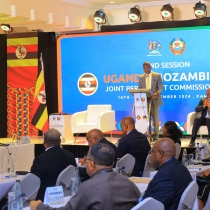
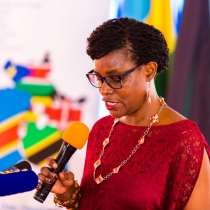

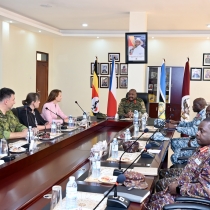
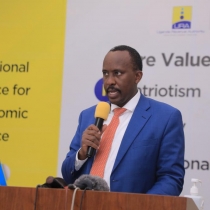

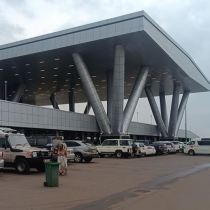
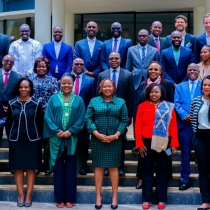


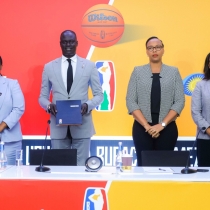






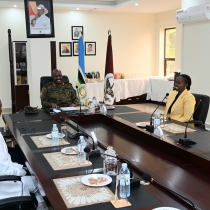





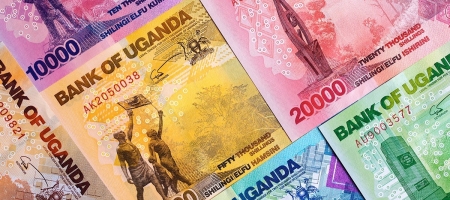
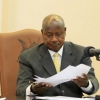
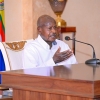
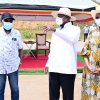






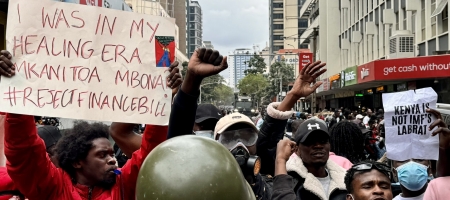




Join the conversation